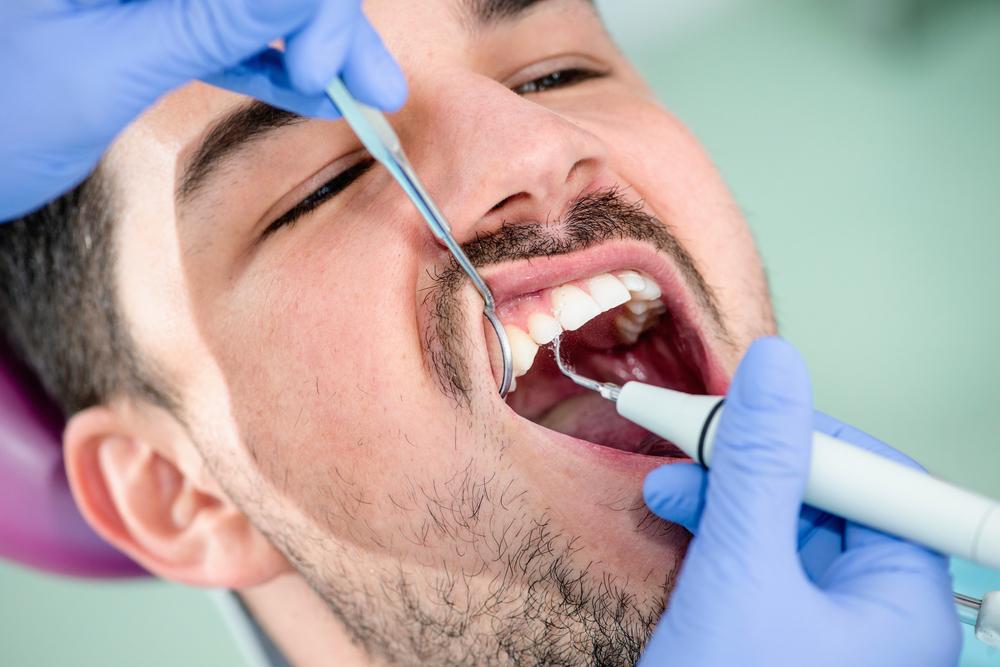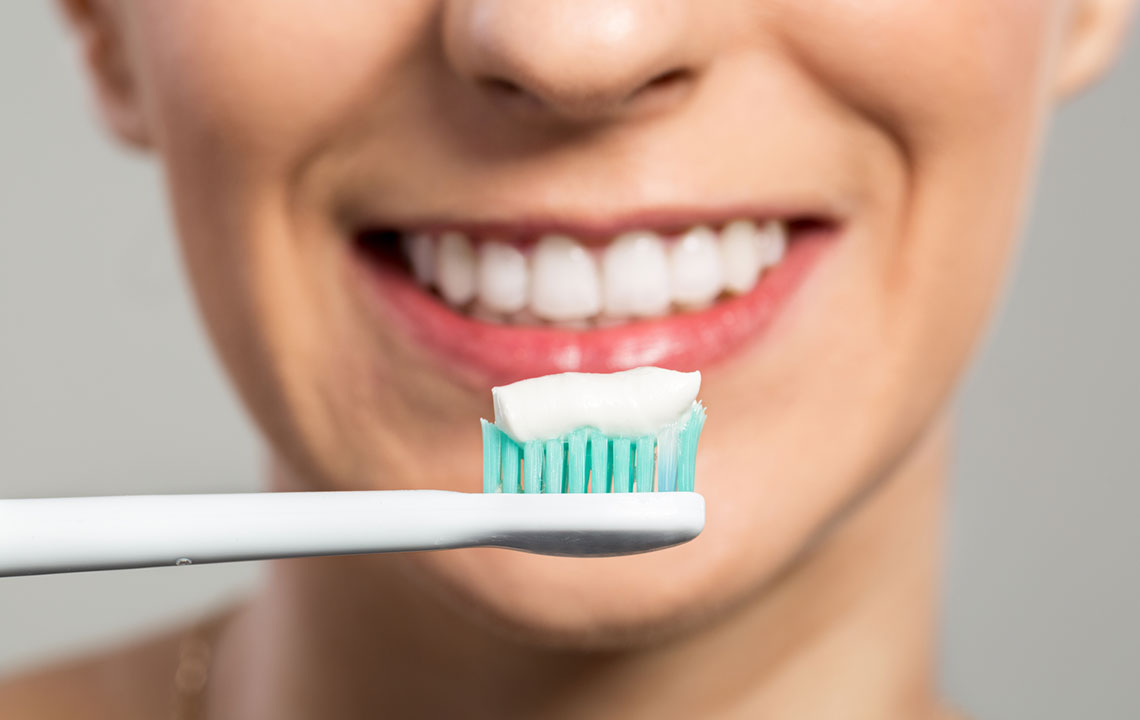Understanding and Managing Persistent Bad Breath
Learn effective strategies to diagnose and treat persistent bad breath. Discover causes ranging from poor oral hygiene to health conditions, and explore home remedies and professional treatments to maintain fresh breath. Regular dental visits and improved oral care can significantly reduce halitosis, enhancing confidence and overall health.

Understanding and Managing Persistent Bad Breath
What is it?
Commonly known as halitosis, bad breath affects many individuals worldwide. Its causes range from poor oral hygiene to underlying health conditions, making it a widespread concern.
Primary causes include:
Food debris leftover on the tongue, gums, and teeth can produce sulfur compounds responsible for foul odor.
Less common factors are:
Chronic health issues like kidney, liver, or diabetes problems often contribute to bad breath.
Tobacco use and dry mouth (xerostomia) are significant triggers.
Stress, snoring, aging, and hormonal fluctuations can also influence breath odor.
Odor originating from the back of the tongue may be linked to nasal drip or mucus buildup from the nose, settling on the tongue surface.
While routine brushing and mouthwash help many, over 75 million people globally suffer from chronic halitosis.
Diagnosis:
Regular dental check-ups are vital for early detection and effective treatment of bad breath issues.
Treatment options:
Approaches depend on the severity of the condition. Most dentists recommend improved oral hygiene practices.
Consistent brushing after meals and using medicated mouth rinses or antibacterial toothpaste can significantly reduce odor.
For gum disease-related bad breath, professional cleaning and possible restorative procedures may be necessary.
Home care tips:
Flossing daily, brushing teeth, and cleaning the tongue are essential. Many neglect tongue cleaning, which is crucial as bacteria reside there.
Hydration helps maintain saliva production, preventing dry mouth and supporting digestive health. Drinking plenty of water is highly beneficial.
Important note:
The information provided aims to offer useful insights into halitosis. While based on research, it should not replace professional medical advice. Users are advised to consult healthcare providers for personalized care and be aware that some details or offers may vary across platforms.










